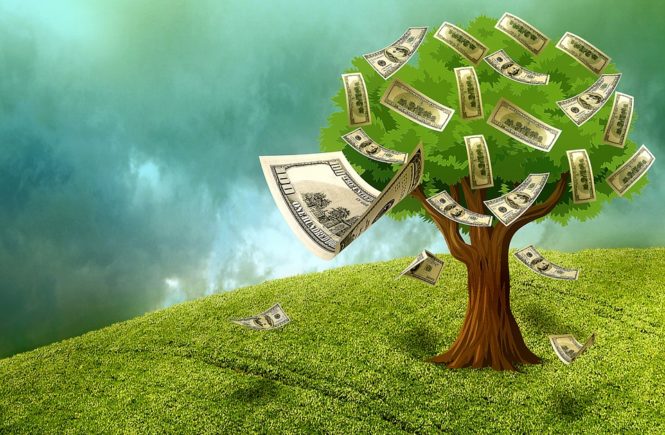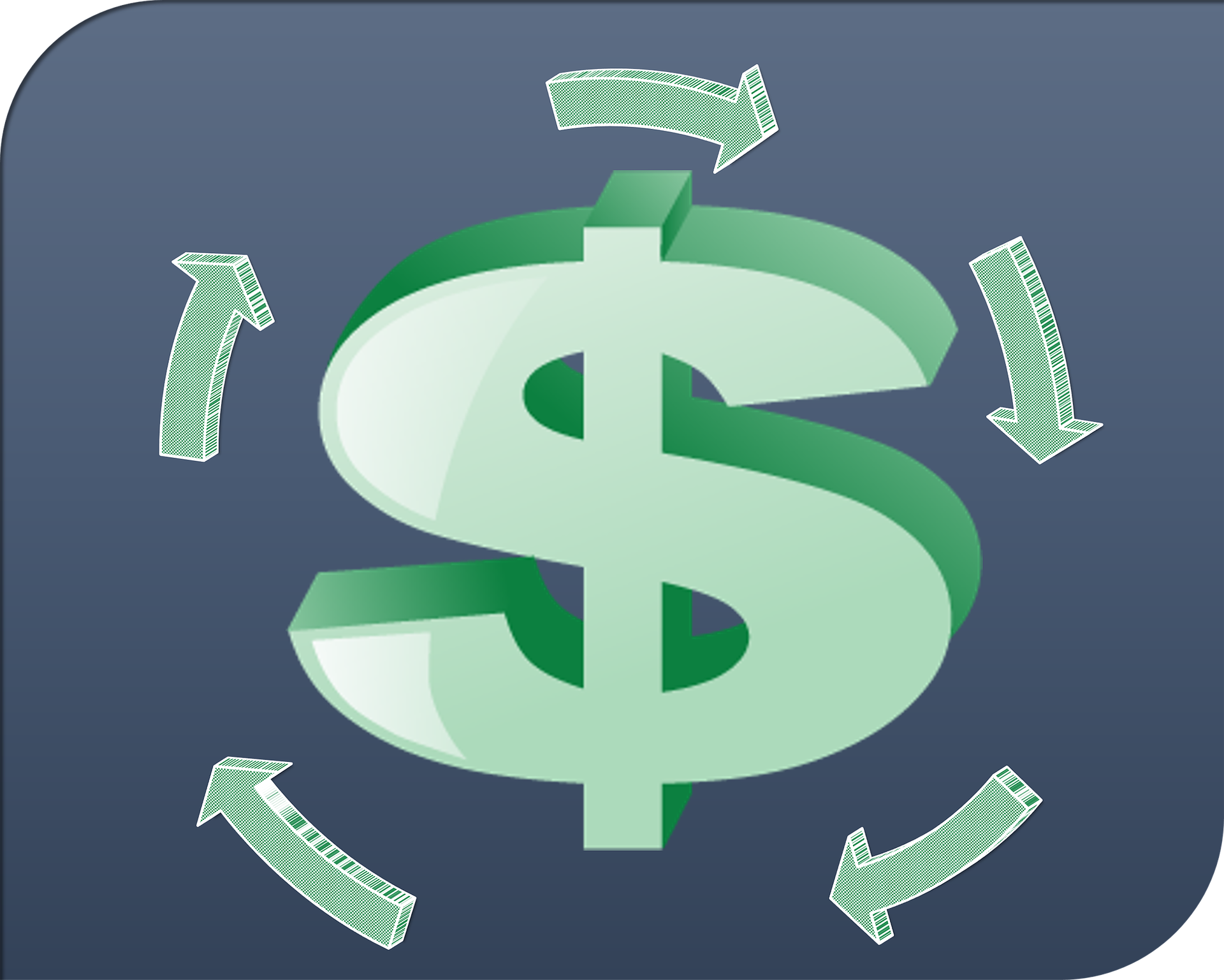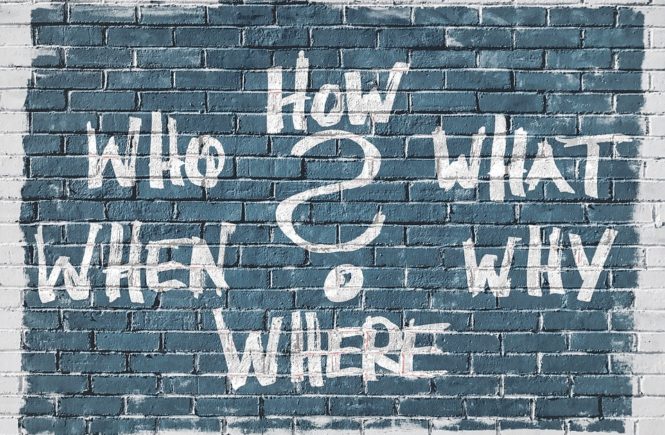What is Cash Flow?
Cash flow is money moving (flowing) in and out of your household monthly. It seems money only flows out of the bank – but it does flow both ways.
Cash comes in from paycheck, interest, tax refund, gifts, business or hobby, side hustle, rental property, etc.
Cash flows out to bills or expenses (see the categories of expense explained in week 5), debt (creditors) and savings.
When cash flowing in exceeds cash flowing out then there is a positive cash flow and you can now save for emergency, retirement and investment.
If cash flowing out exceeds or is more than cash flowing in then one has to find a way to make up shortfall.
Keeping a record and recording how cash flows in and out of your household will help you to better manage your finances.
Here are some tips on how to watch you cash flow
- Track your spending to see where your money is going
- Track you income, where it comes from and how often
- Watch cash flow weekly make note of how much cash you have at the begin of the week and note where that cash goes during the week
- Look for spending pattern of cash.
- Get a useful tool to help you watch your cash flow: , spreadsheet.
- Align your cash flow with you budget.
Why Cash Flow is So Important
Lack of cash will cause increase debt and causes lack of financial security. Which leads to living from paycheck to paycheck. Inadequate cash will decrease savings.
Not watching will leads to overspending.
It will take the stress out of money management when you track cash flow.
Tracking cash flow will help to know when cash is available.




